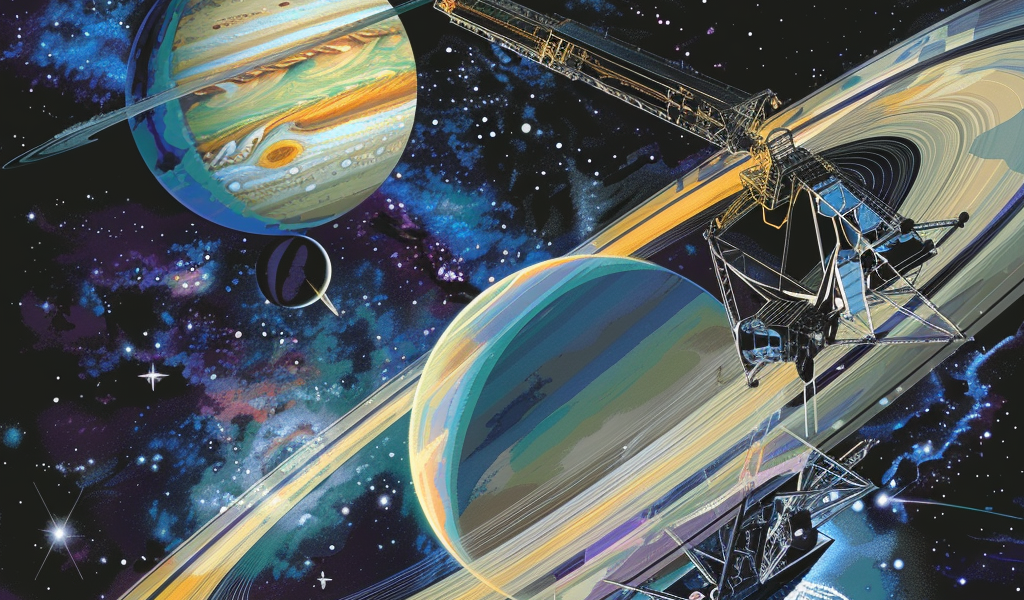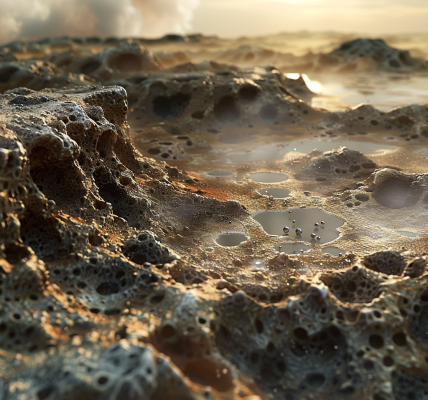An astronomer from the University of Reading is gearing up to use the James Webb Telescope (JWST) to gain a groundbreaking view of Saturn’s northern lights. Dr. James O’Donoghue, part of the research team awarded time with the JWST, aims to unravel the mysteries behind the planet’s auroras. The team also plans to observe Uranus, with the potential to reshape our understanding of both planets.
Northern lights, typically caused by energetic charged particles interacting with a planet’s atmosphere through its magnetic field, are set to be scrutinized in an effort to shed light on the exact origins of Saturn and Uranus’ auroras. Dr. O’Donoghue expressed optimism that the study could potentially provide insights into the rotation periods of the planets.
The JWST, being in space, circumvents atmospheric interference, allowing for clear and detailed observations. The project, selected from a pool of 1,931 submissions for the JWST Cycle 3 General Observer Program, is scheduled to capture images of Saturn in late 2024 and Uranus in early 2025.
This significant research initiative holds the promise of unveiling groundbreaking insights into the celestial phenomena of Saturn and Uranus, offering a glimpse into the mysteries of our solar system.





